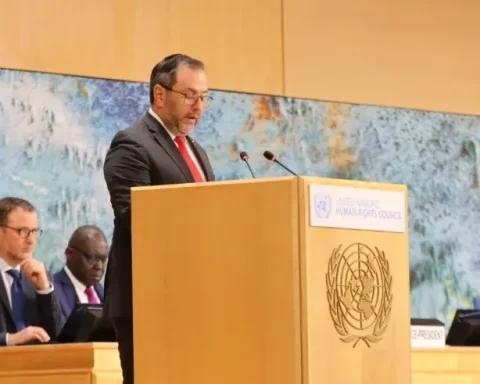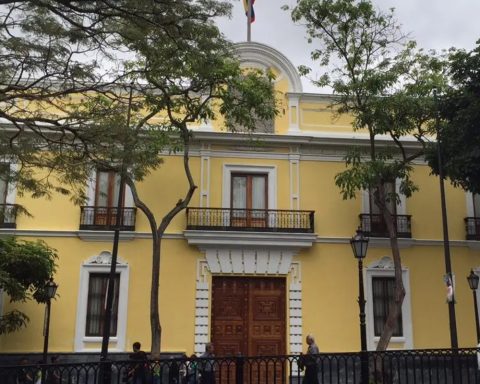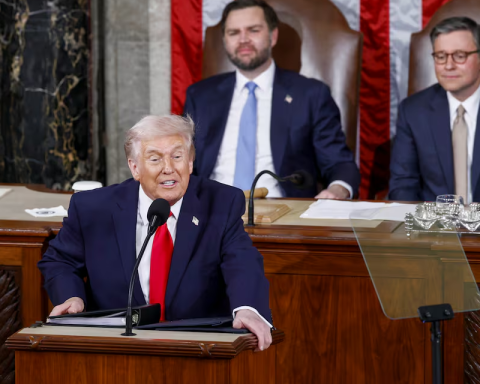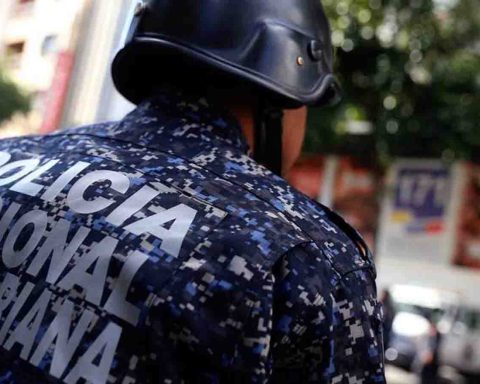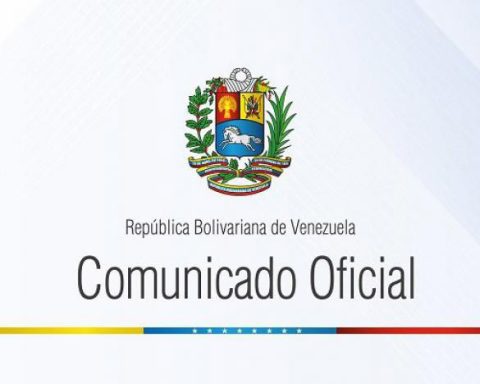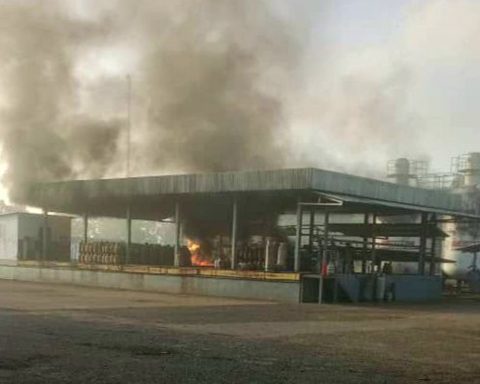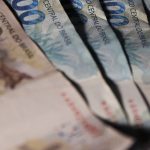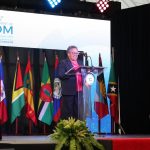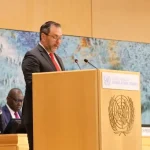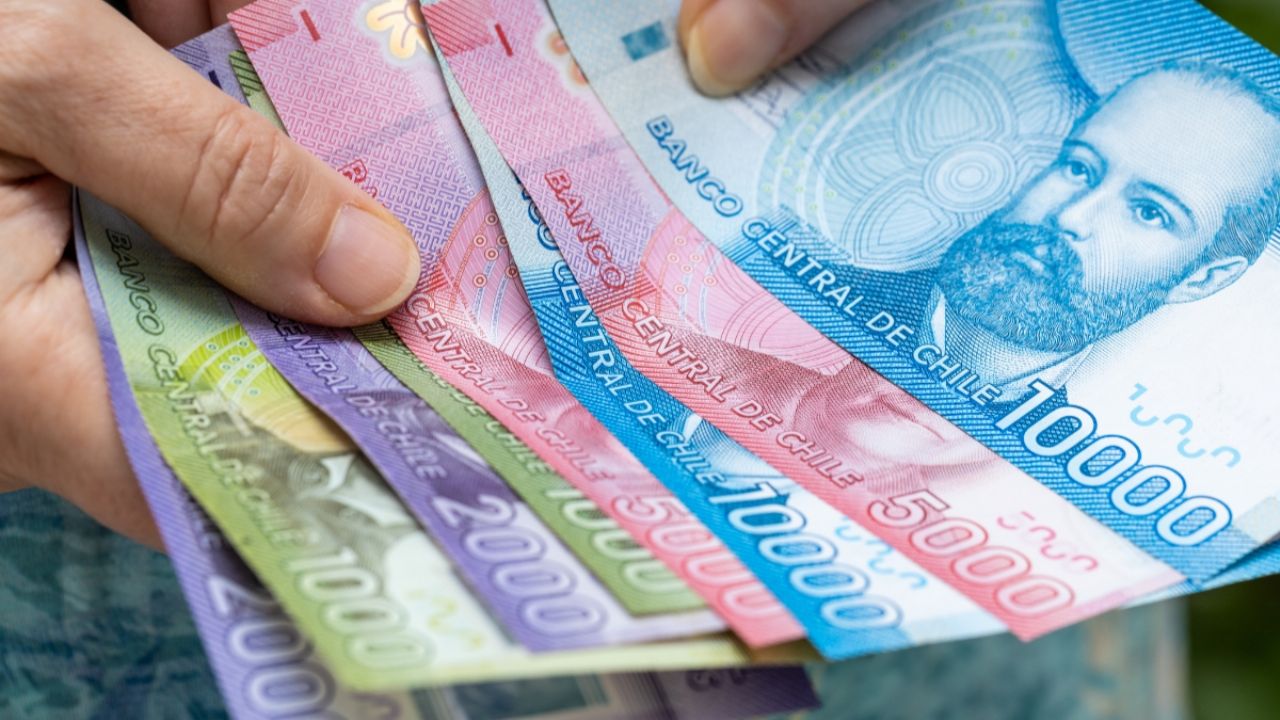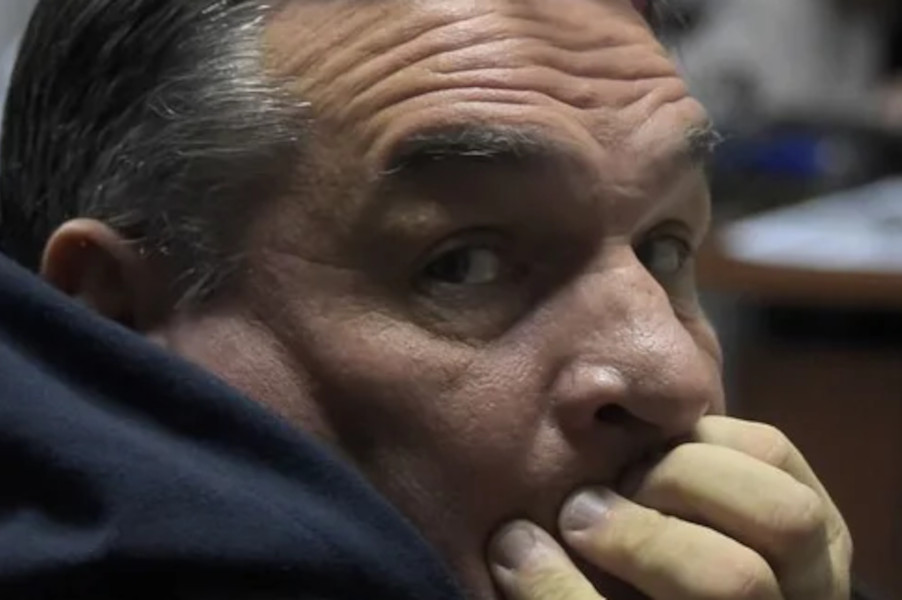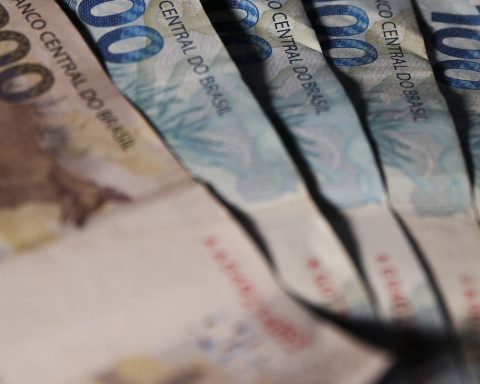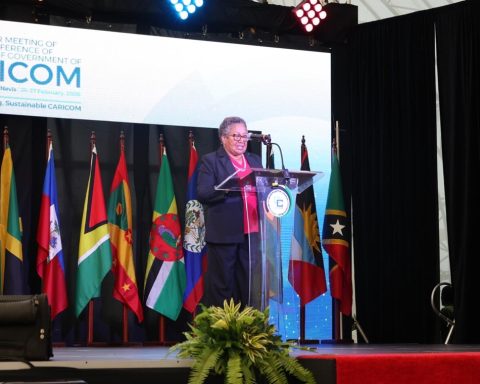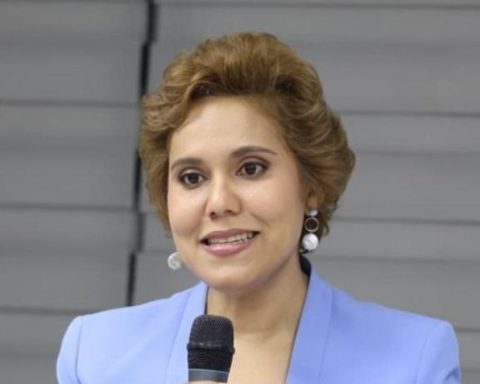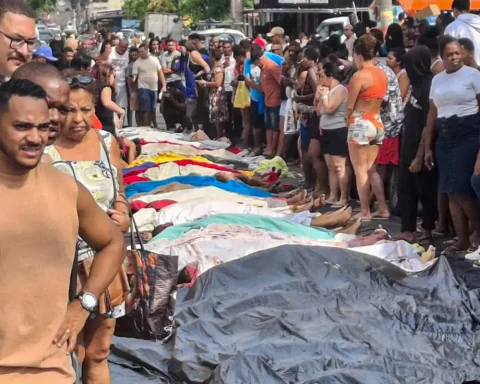This Wednesday, July 5, the Venezuelan flag was raised before the National Pantheon in commemoration of the 212 years of the Proclamation of the Independence of Venezuela.
The act, held in the early hours from the Monumental Complex of the National Pantheon, located in Caracas, was chaired by the head of the Strategic Operational Command of the Bolivarian National Armed Forces (Ceofanb), General in Chief Domingo Hernández Lárez. Representatives of indigenous peoples, aboriginal peoples, members of the FANB, as well as members of the Executive Cabinet participated in the activity.
Civil and military authorities paid tribute to the Liberator Simón Bolívar and moved the National Pavilion to the flagpole in front of the National Pantheon and Mausoleum of the Liberator Simón Bolívar, in reverence to the Father of the Nation and to those who together with him led the freedom of Venezuela and of other nations of the continent.
Free, sovereign and independent
At dawn on the day that the signing of the Venezuelan independence act is commemorated, before the national flag, Hernández Lárez quoted an extract from the document.
“We, then, in the name of and with the will and authority that we have of the virtuous people of Venezuela, solemnly declare to the world that its united provinces are and should be as of today free, sovereign and independent states in fact and law, and that they are acquitted from all submission to and dependence on the crown of Spain or on those who claim to be or say their proxies or representatives and that as such free and independent states have full power to give themselves the form of government that is in accordance with the general will of their peoples, declare war, make peace, form alliances, arrange trade treaties, boundaries and navigation. Do and execute all the other acts that free and independent nations do,” the Ceonfanb chief quoted.
In his speech, the head of Ceofanb highlighted the struggle of indigenous peoples since time immemorial for a Venezuela free from Spanish rule, in defense of the rights of nature and the preservation of the Fifth historical objective of the Plan for the Homeland.
July 5, 1811: Independence Day
He July 5, 1811Venezuela became the first nation to gain independence from Spanish rule, when representatives from seven of the country’s provinces united to end the Spanish monarchy, and subsequently signed the Venezuelan Declaration of Independence Act.
The provinces of Barinas, Barcelona, Cumaná, Margarita, Mérida and Trujillo joined the cause of Caracas -where independence was signed- to ignore any monarchical figure.
